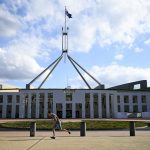Foul play?
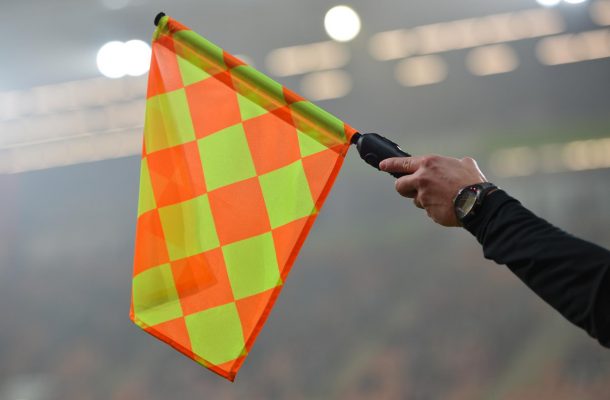
The accuracy with which certain sports in Australia, notably cricket, collate and even inflate participation numbers was criticised this year. To be fair, all sports rush onto various multimedia platforms and interpret Sport Australia’s annual release of participation numbers in sport to their own advantage – football will say it is the strongest sport overall; netball will say it has a significant reach among women and girls and so on.

Australia’s enthusiasm for consuming sport doesn’t seem to extend to actually playing it.
And yet there was silence in Australian sport about arguably the most authoritative study about child participation in sport that we have seen this century.
In November, The Lancet published a survey on how 1.6 million teenage school students from across 146 countries are doing in meeting the World Health Organisation’s minimum physical activity recommendations – a minimum of one hour of moderate to vigorous physical activity each day.
It shows that Australian teenagers are amongst the least physically active on the planet, ranking 140 out of the 146 countries studied. While Australia may be consumed by sport, consumption clearly doesn’t mean participation.
Drilling down into the statistics at state level and, although two out of three school kids participate in an organised sport in the early teenage years, by their late teens it is less than one in three. Moreover, the drop off in sports participation among girls is steeper than among boys.
The “premature elitism” of sport for Australian children – the AFL draft is now dominated by players from elite private schools – may be a factor in the fall off in teenage participation numbers, as is the relentless growth of competitive computer gaming or esports.
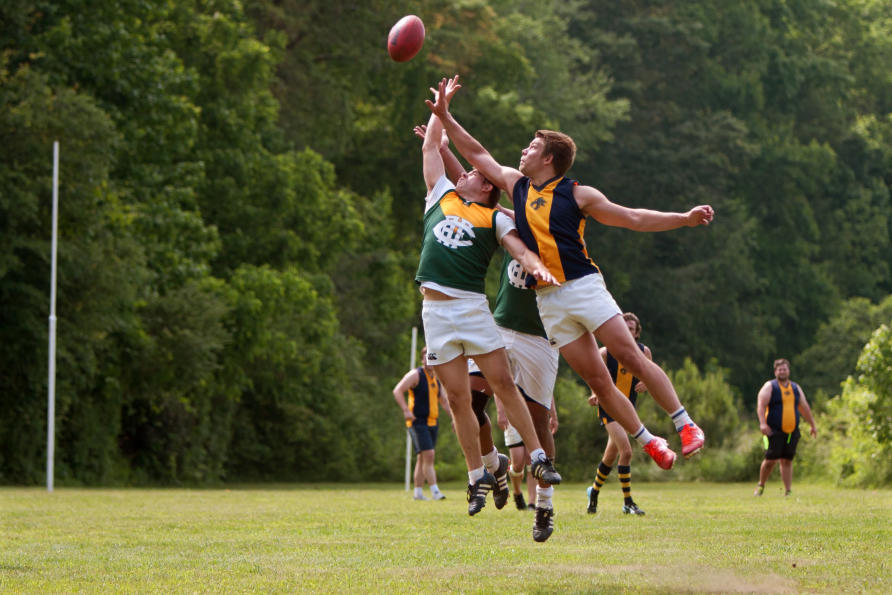
Sporting bodies rely on a social license to operate, which means we largely trust them to regulate their sport as they see fit.
But it also raises questions over the social license to operate that sports bodies enjoy. That licence means sports bodies are trusted to regulate their sport, with government oversight and public approval, in the manner they see fit.
And yet, what is the point of sport, other than it becoming part of the entertainment industry, if its core participation numbers among the young are as hollow as described?
Following a year like 2019, in which sporting controversies, including animal welfare in horse racing, extended to the courts of law and public opinion, it is worth asking how strong that social license actually is? And if that social license is in doubt, might sporting bodies be facing even greater regulatory or legal oversight?
One of the major sports law cases of 2020 will be the equal pay and civil rights claim by the US national women’s soccer team against the sport’s governing body, US Soccer, due to be heard in May.
In this context it is worth remembering that one of the reasons why the US women’s team is so successful – they retained the World Cup in 2019 – can be traced to a provision of federal law from 1972 known as Title IX. Title IX banned discrimination on the basis of sex at schools receiving any federal funding.
Its impact on sports programs in the US was immediate and significant. In 1972, there were about 700 girls playing soccer at high-school level in the United States. By 1991, the year of the first Women’s World Cup (won by the US), there were over 120,000 players. Today there are about 400,000 high school girl soccer players in the US.
Gender, sport and human rights were also central to one of the most important sports cases of 2019, that involving South African athlete Caster Semenya.
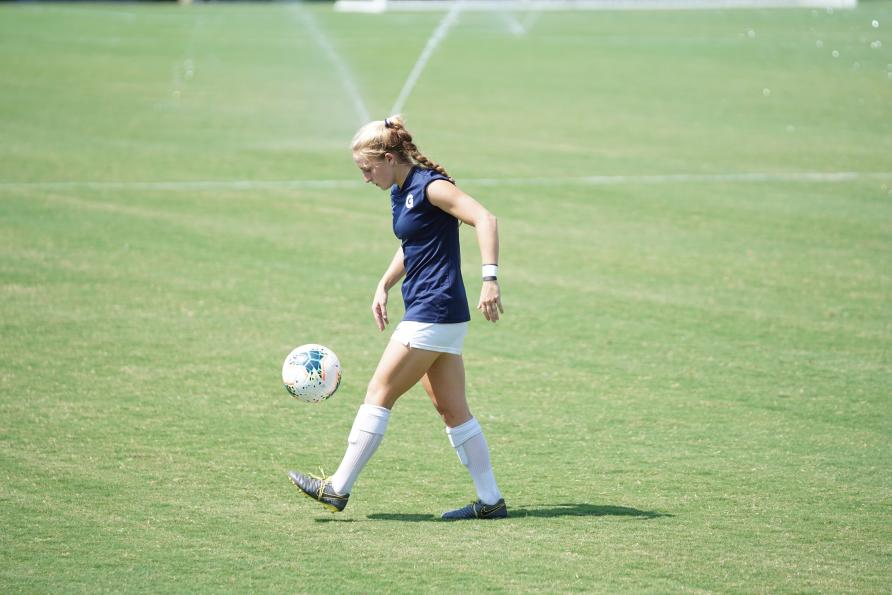
US laws to ban discrimination in school sport are a factor driving the growing popularity of soccer among girls.
Semenya has naturally elevated testosterone levels, which the governing body for the sport, World Athletics, felt gave her advantages in terms of strength and stamina over her immediate rivals.
World Athletics implemented regulations which meant that in order for Semenya to continue to compete in the female classification of her chosen event, the 800 meters in which she is a multiple World and Olympic champion, she would have to medically decrease her testosterone levels.
The matter was heard by the Court of Arbitration for Sport (CAS), which held that, although the regulations were discriminatory, they could be justified as being necessary to protect the right to fair competition in sport.
Whether a sporting right to fair competition should trump an established human right relating to gender and anti-discrimination, is now on appeal to the Swiss Courts.
As the debate on transgender athletes illustrates, how sport accommodates competing human rights will be of critical concern in sports law and administration in 2020.
Some sports in Australia will hope that 2020 will focus more on what happens on the field rather than the controversies off it.
In April, Rugby Australia sacked Israel Folau for a social media post condemning, among other things, homosexuality. An internal sports disciplinary matter then morphed into an employment law case and later became a matter of religious freedom.
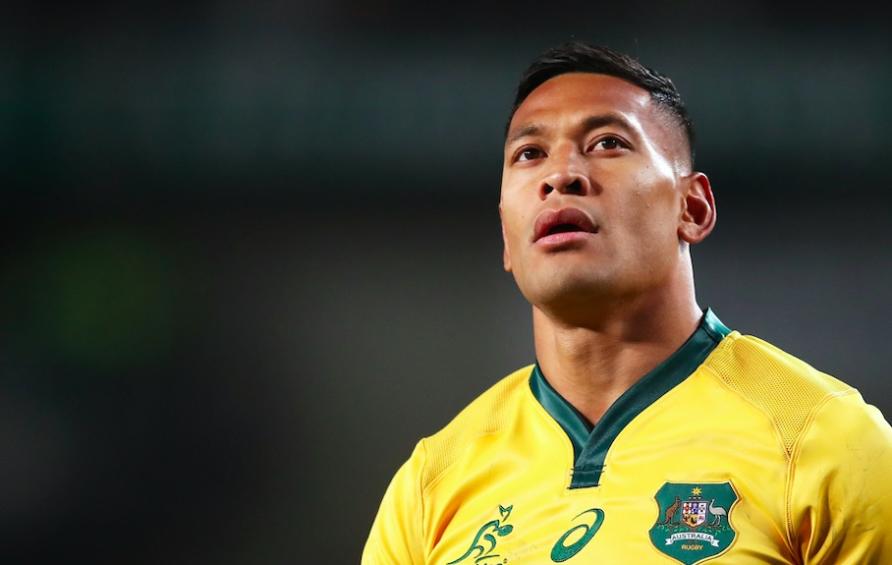
Rugby Australia’s dispute with star player Israel Folau morphed from a disciplinary issue into an issue of religious freedom.
Rugby Australia and Folau eventually settled their dispute, but how sports bodies regulate, if at all, the opinions of its sports employees remains unsettled.
The issue may even remain a live one many decades after an athlete retires, as shown by the manner in which Tennis Australia plans to commemorate the still world-leading achievements of Margaret Court – another whose conservative social views are at odds with the sport’s contemporary values.
The general advice for sports bodies appears to be: recognise the sporting talent; respect their personal and private views; but reserve the right to refute them.
Finally, a now annual concern of sport globally is doping in and by Russia. This month the World Anti-Doping Agency (WADA) purportedly banned Russia from all sporting events for four years, including the Tokyo 2020 Games. But the ban isn’t really a ban and, moreover, it isn’t really WADA’s to enforce.
Similar to what happed prior to the last Winter Olympics in 2018, a compromise has already been mooted to allow a certain number of Russian athletes to compete as neutrals at Tokyo. Indeed, in PyeongChang 2018, 169 Russians competed as neutrals in what was the third biggest team at the Games, behind only the US and Canadian contingents.
In the immediate however, Russia will appeal the proportionality and fairness of the ban to CAS.
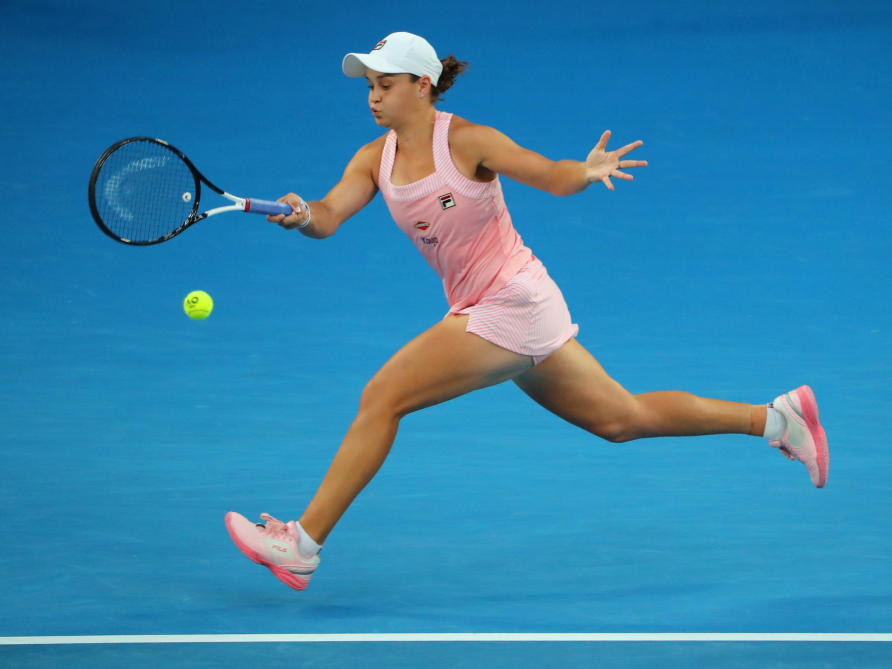
World tennis number one Ashleigh Barty has been a role model of modesty and competitiveness.
As ever with international sport, what is really at issue are not principles of law but high politics. Notwithstanding the outcome of Russia’s appeal at CAS, the IOC under its charter (article 44.3) reserves the right to invite athletes to its Games and therefore if the IOC has the will to do so, it could impose a blanket ban on Russia in 2020.
But it likely won’t.
At least in 2019, women’s sport in Australia provided teenagers with role models and good news stories – AWFL star Tayla Harris’ soaring kick rose above sexist online trolling, the Matildas became Australia’s most popular team, and World Tennis number one Ashleigh Barty combined true modesty with fierce competitiveness.
But one of the most affirming moments of 2019 must be the interview given by South African captain Siya Kolisi immediately after winning the Rugby World Cup in Japan. The interview lasted only 140 seconds but, in a year, when sometimes the worst of sport was on display; Kolisi eloquently provided a lasting insight into sport at its unifying best:
“We are so grateful to the people of South Africa. We have so many problems in our country but to have a team like this – we know we come from different backgrounds, from different races – and we came together with one goal … I really hope we have done that for South Africa to show that we can pull together if we want to achieve something.”
This article was published by Pursuit.
Professor Jack Anderson is the Director of Sports Law at Melbourne Law School. His books include The Legality of Boxing (2007), Modern Sports Law (2010) and Landmark Cases in Sports Law (2013).







